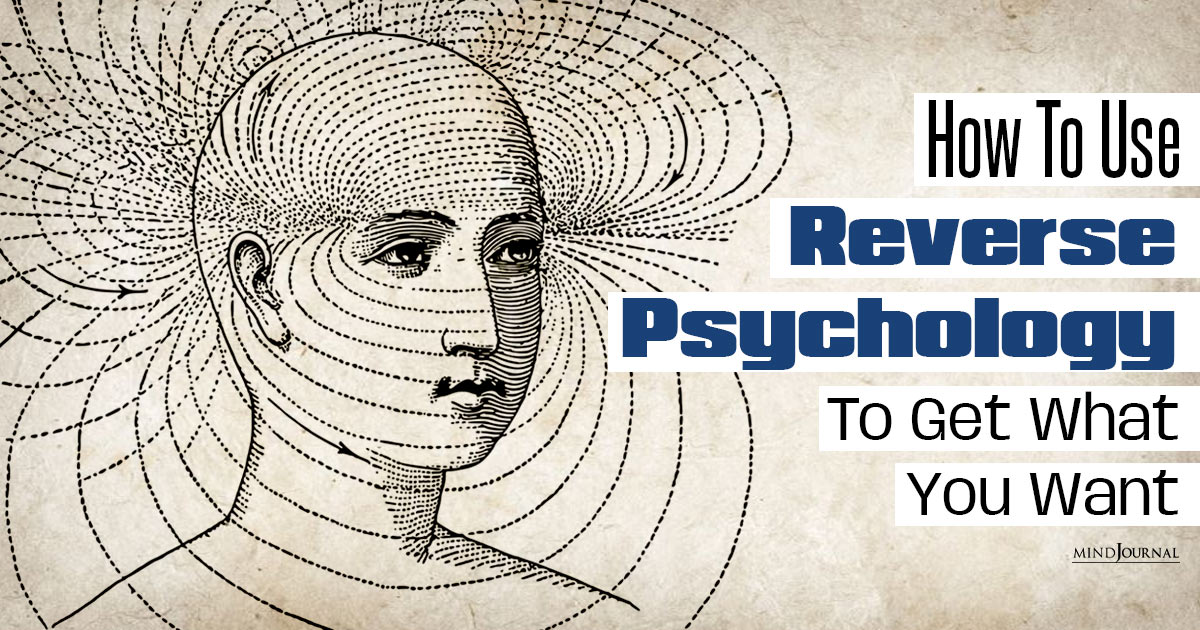Are you unable to relax and have some fun? The so-called “Perfect Moment Syndrome” could be the reason why and here’s how you can get over it.
It may sound like a whimsical term, but Perfect Moment Syndrome is a real psychological condition that affects many individuals, especially in today’s digital era!
Social media has amplified the pressure to present flawless life events. PMS (Not the hormonal condition) is rooted in the unattainable quest for perfection during significant life milestones such as birthdays, weddings, childbirth or vacations, resulting in heightened anxiety, disappointment and even depression.
If you’re crying at your own party, unable to relax and enjoy because everything has to be just right, just perfect — you may be a victim of “Perfect Moment Syndrome.” But wait, there are more signs, so let’s have a look at them!
Read more here: 5 Steps to Overcome The Fear of Giving Up Perfectionism
3 Signs You Might Have The Perfect Moment Syndrome
1. You Might Have Inordinate Expectations
If you find yourself setting extremely high and rigid expectations for special events, envisioning every detail unfolding flawlessly, you may be grappling with Perfect Day Syndrome.
This syndrome means that sometimes you set unrealistic standards often lead to heightened stress and anxiety as an important event approaches.
2. You Thrive On Social Media Validation
A strong indicator of having the perfect day syndrome is an overwhelming desire to curate a perfect narrative for social media.
The need to showcase an idealized version of your life particularly during significant events can contribute to a cycle of unattainable expectations and subsequent disappointment when reality falls short of the envisioned perfection.
3. You May Suffer From A Post-Event Discontentment
When an important event ends and it doesn’t live up to the standards you set for it, the aftermath can be really disappointing, sad, and sometimes even depressing.
Suffering from PMS might also leave you with a deep sense of dissatisfaction and emptiness. Does this sound familiar to you?
Read more here: Why Being Average Is Good For You: 5 Reasons Why Simplicity Is The New Cool
How To Deal With Perfect Moment Syndrome
1. Reflect On Your True Needs And Wishes
Consider what you want from the moment. Is it validation for others to see? Or does it genuinely come from within and align with your values? Be honest, if they do come from a place of wanting to be validated, understand that it won’t bring you actual joy.
2. Be Present in the Moment:
Living in the future is one of the worst things you can do. It’ll stress you out more than anything else. Instead, try to enjoy what’s going on right now rather than imagining how much better it could be.
3. Let Go Of Perfection…
No one is perfect and nothing will ever be either. Mistakes are just a part of life that everyone has to live with. So embrace spontaneity and unpredictability because those are truly beautiful things.

4. Give Yourself a Break
Treat yourself with the same kindness as you would a friend. Acknowledge your efforts and progress, even if they are not perfect.
Happiness doesn’t only come from an experience that goes according to plan, in fact, it rarely ever does.
Read more here: 5 Simple Ways To Find ‘Awe’ In The Ordinary
PMS can be tough for perfectionists who struggle with anxiety. But recognizing its signs and implementing strategies on how to deal with perfect moment syndrome will give you the freedom to stop expecting too much.
Enjoy every situation life throws at you, and allow yourself to appreciate the authenticity that comes with every imperfect but beautiful moment.
If you found this article helpful, share your thoughts in the comments below!









Leave a Reply
You must be logged in to post a comment.